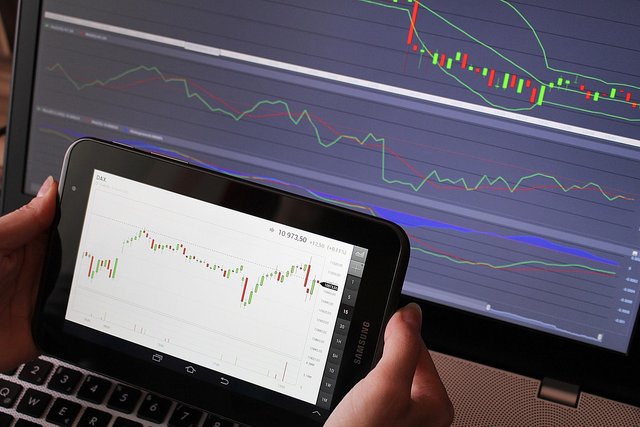Some deadly trading mistakes!
Most traders don’t fail because they can’t find winning trades, they fail because they can’t stop making losing decisions. The difference between consistent winners and everyone else is not just strategy - it’s the ability to avoid the habits that destroy accounts. Here are the 10 most destructive mistakes traders make, ranked by how quickly they can wreck your capital and your confidence.
Never Add to Losing Positions
The sunk cost fallacy transforms manageable losses into catastrophic disasters through averaging down. Each addition increases psychological investment in being “right” while amplifying risk. What feels like getting a “better price” is actually escalating commitment that destroys accounts systematically.
Trade Without a Stop Loss
Stops are your safety net. Without them, one unexpected market move can wipe out days, weeks, or months of progress. A stop loss doesn’t just limit damage - it enforces discipline and prevents emotions from taking over.
Go All In
Risking your entire account or an oversized portion of it on a single trade is gambling, not trading. Even the highest-probability setup can fail, and one bad bet can erase your capital completely.
Change Your Stops Mid-Trade
Moving a stop further away mid-trade is just delaying the inevitable. Instead of giving the market “room to breathe,” you’re simply increasing your risk and hoping the trade will turn around.
Revenge Trade
After a loss, emotions run high. The urge to “win it back” often leads to impulsive decisions, oversized positions, and trades that don’t meet your normal criteria. This spiral can blow an account faster than the original loss.
Chase Trades
Jumping into a market move after it’s already taken off usually means entering at the worst possible price. Chasing often results in buying tops or selling bottoms, with sharp reversals hitting you right after entry.
Break Your Rules
A trading plan exists to keep you consistent and protect your capital. Each time you break your own rules, you undermine your edge and make it harder to execute your strategy with confidence.
Overtrade
Too many trades, especially in quick succession, often lead to sloppy execution and decision fatigue. Overtrading drains both your capital and your mental focus, reducing your chances of catching high-quality setups.
Trade Based on a Friend’s Tip
Taking someone else’s trade idea without doing your own analysis is risky. Their setup might not align with your style, risk tolerance, or strategy and you’ll have no plan for managing the trade when things go wrong.
Skip Journaling
Without reviewing your trades, you can’t identify what’s working and what’s not. Journaling builds self-awareness, helps you refine your edge, and prevents you from making the same mistakes over and over.
Why This Matters Even More for Prop Traders
If you’re trading your own money, breaking one of these rules might mean a bad week or a lost month. Funded accounts come with strict requirements - max daily loss, total drawdown limits, minimum trading days, consistency rules, and even limits on how active you can be. One slip into these bad habits, and your account can be terminated on the spot.

Upvoted! Thank you for supporting witness @jswit.